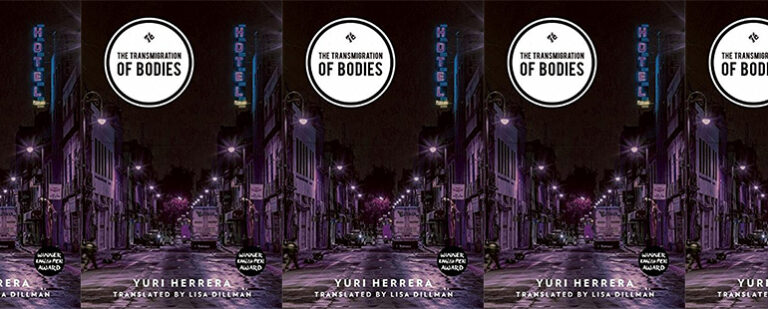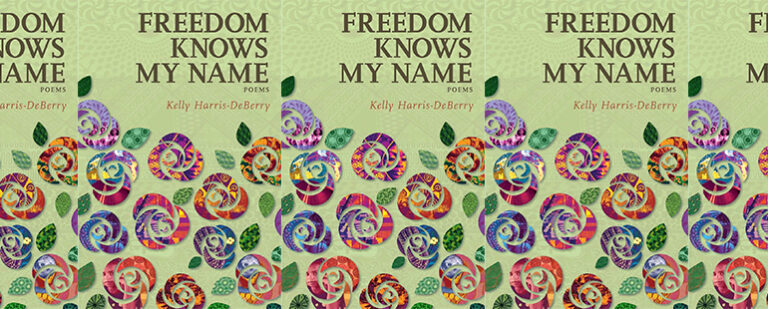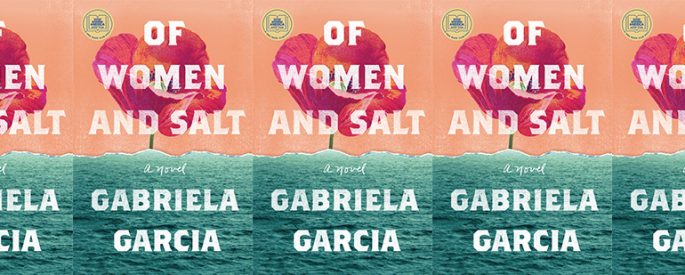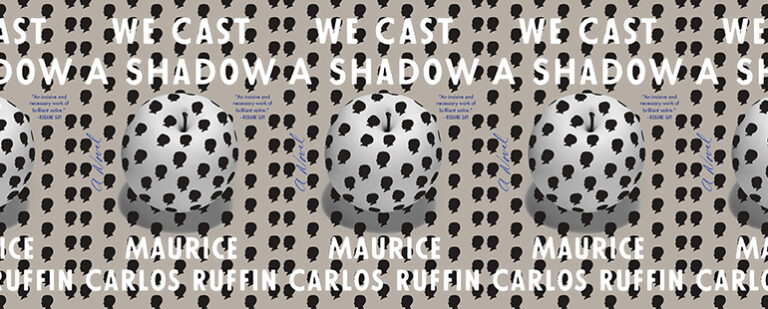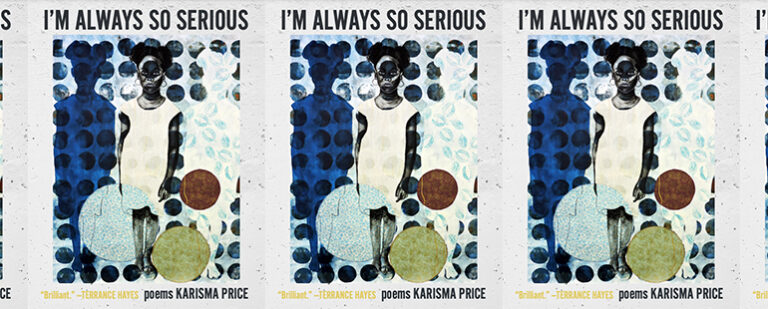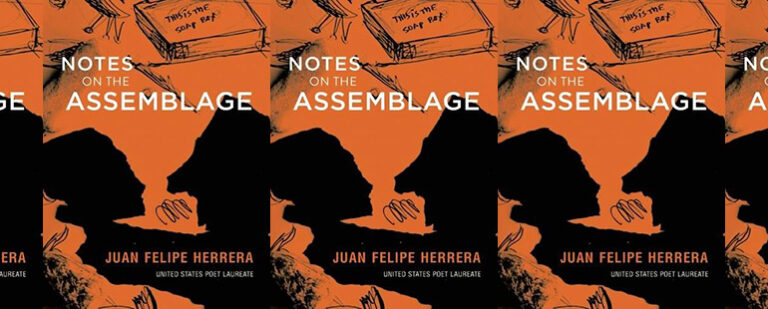Reading The Transmigration of Bodies
When I started reading Yuri Herrera’s 2013 novel, I wasn’t trying to read another pandemic book. The pandemic has fatigued me more and more lately. The isolation, the death counts sent to my phone every morning, the anxiety of unwittingly spreading the virus in the grocery store and killing someone.
